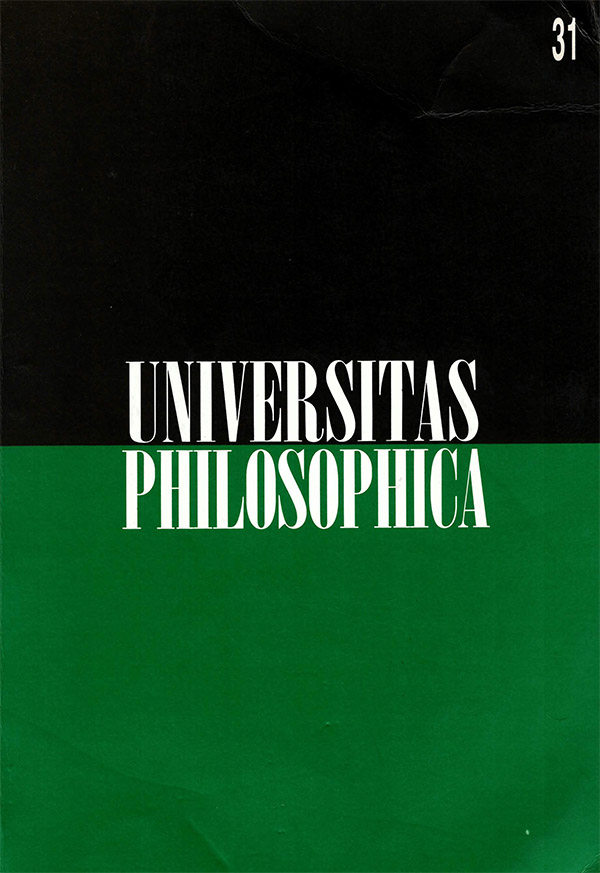About "Common Sensibility" In Aristotle
##plugins.themes.bootstrap3.article.details##
Abstract
The aristotelian hypothesis about the existence of a common sensibility is one of the most important points of his theory of perception. With it Aristotle guarantees that the living beeing's sensibility is not a simple mix of dispers sensations, but a unified and indivisible faculty that, for certains effects, is specialized in five external senses. Furthemore, from this hypothesis is pennitted to widden inmensly the field of perception, assigning to the perspective faculty operations as the imagination, the report and the dreams, by a part, and realizing of the act of thought in analogy whith this of the sensation, of the other. The present papen departing of an examination on the use that makes Aristotle on the tenn atcsertats and of a presentation of the various types of sensitives objets that he consideres, is centred in the aristotelian argumentation about common sensibility.
Keywords
Aristóteles, sensibilidad común, percepción, sentidos externos, imaginación, memoría, sueñosAristotle, common sensibility, perception, external sense, imagination, memory, dreams
References
How to Cite
Pineda, D. A. (2014). About "Common Sensibility" In Aristotle. Universitas Philosophica, 15(31). Retrieved from https://ojspuj.repositoriodigital.com/index.php/vniphilosophica/article/view/11449
Issue
Section
Articles


